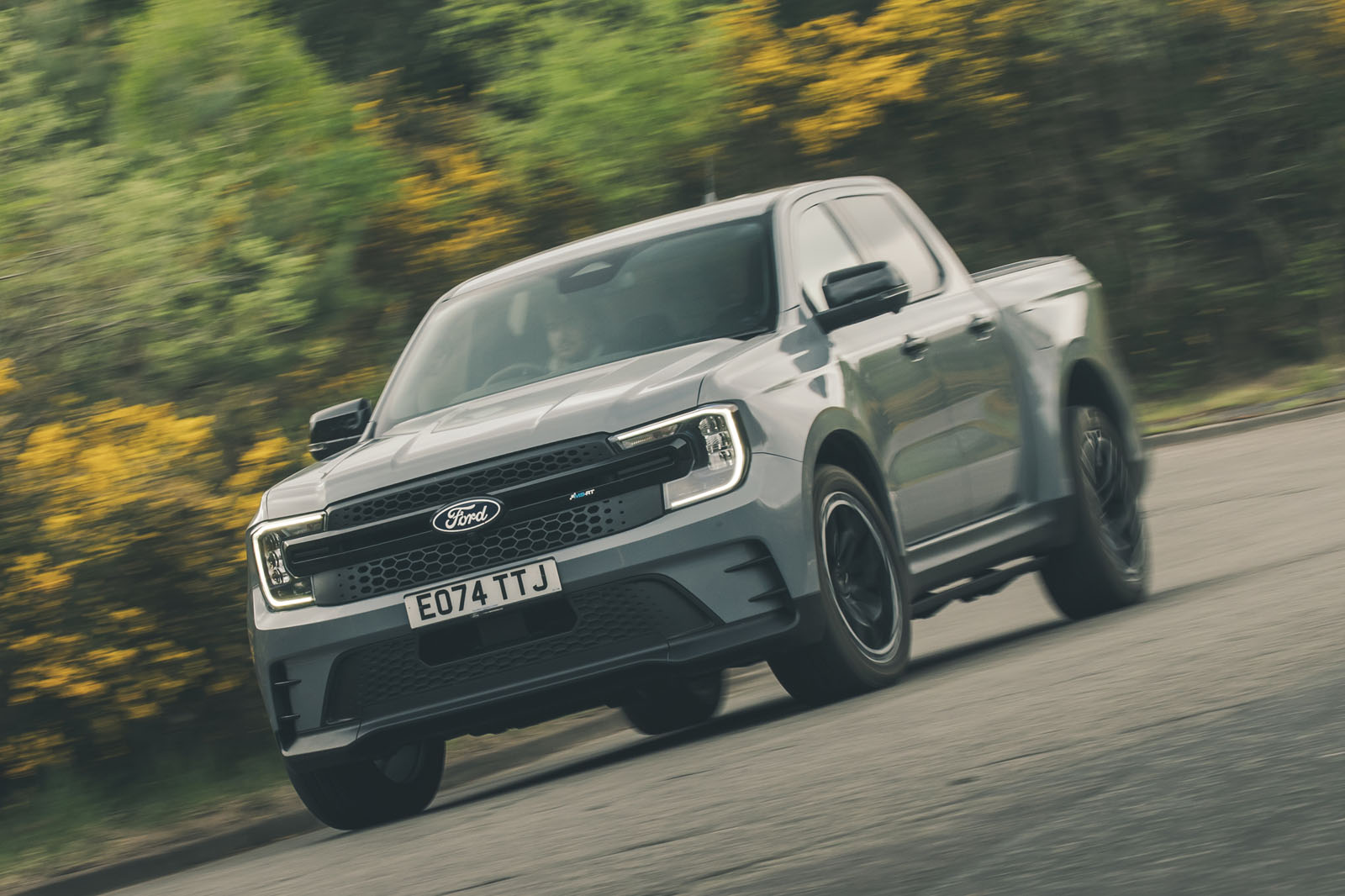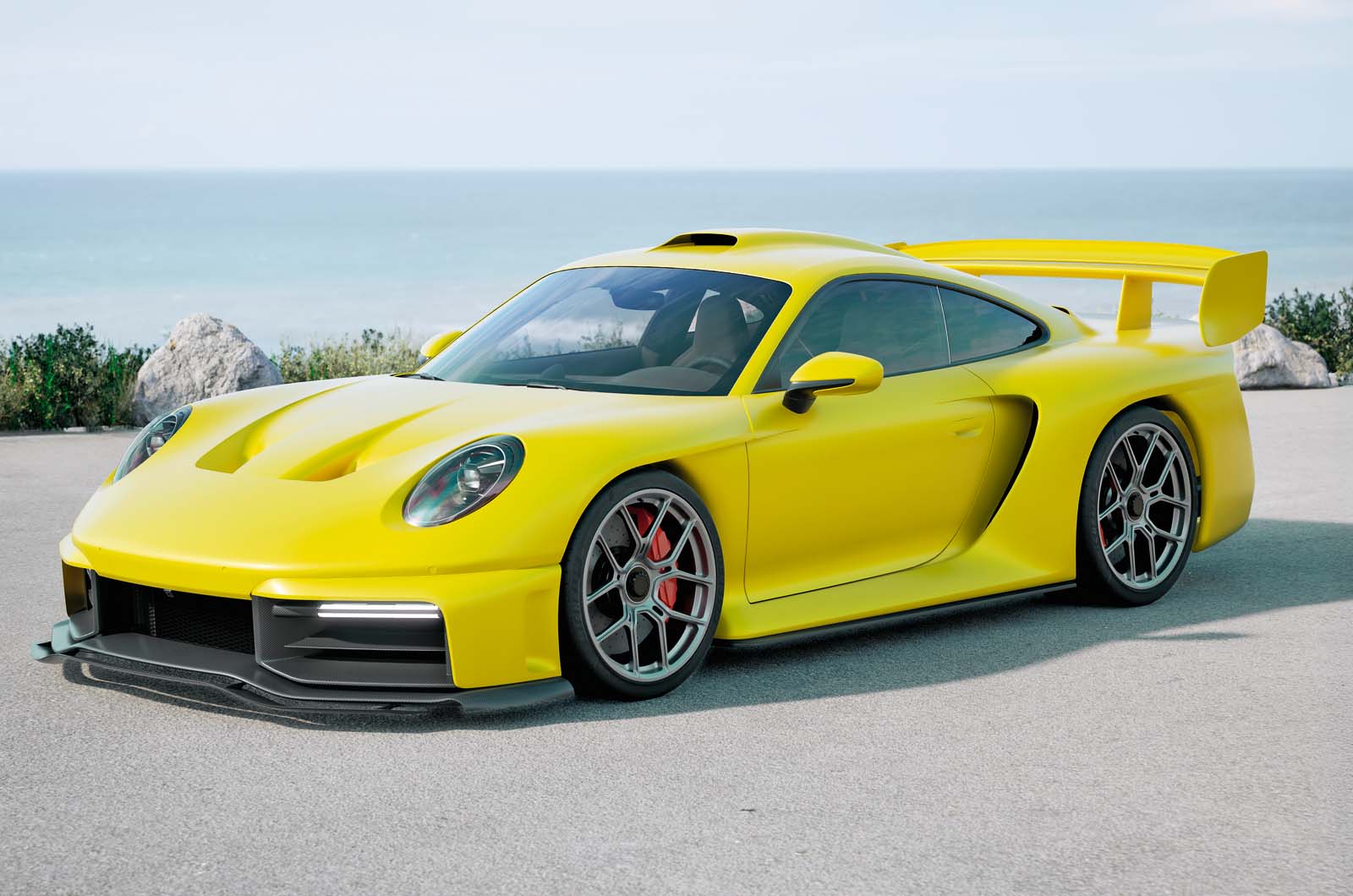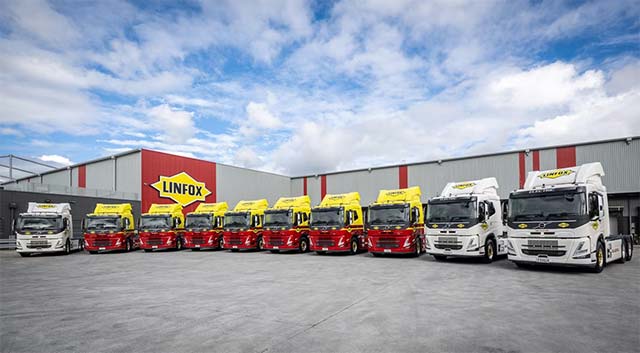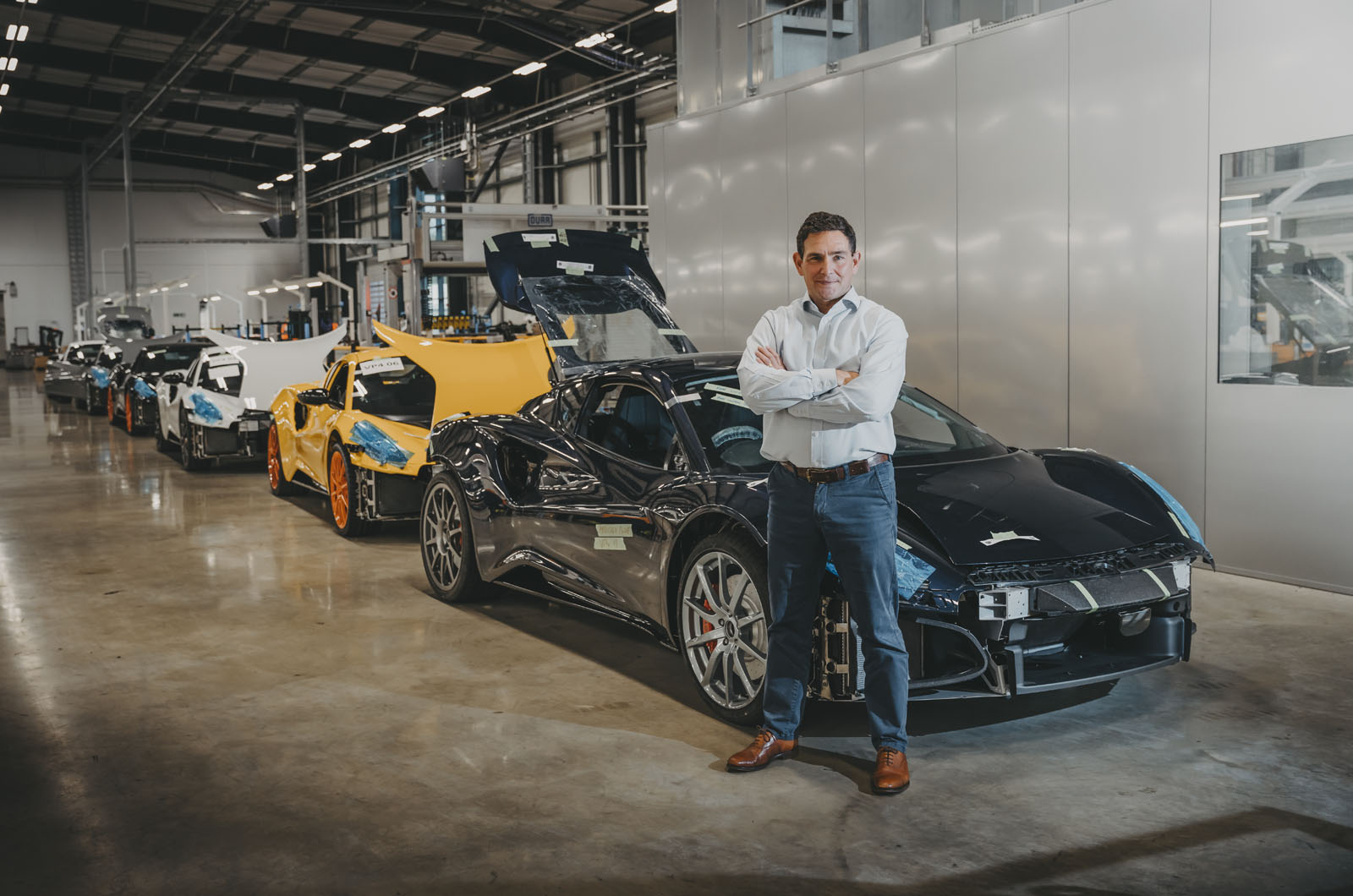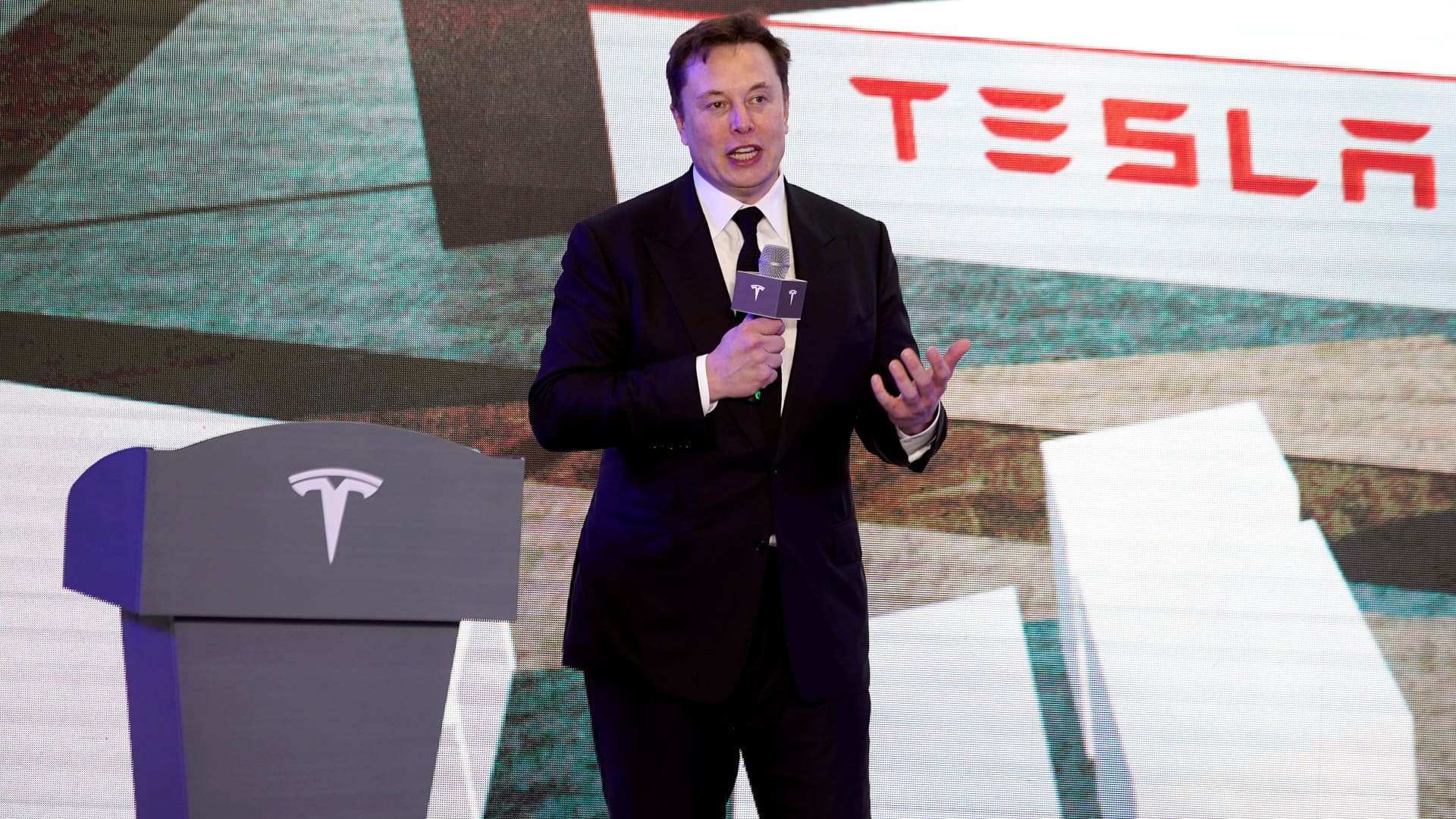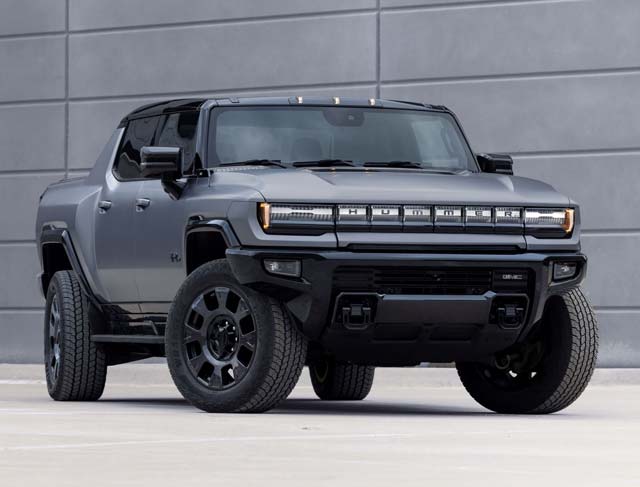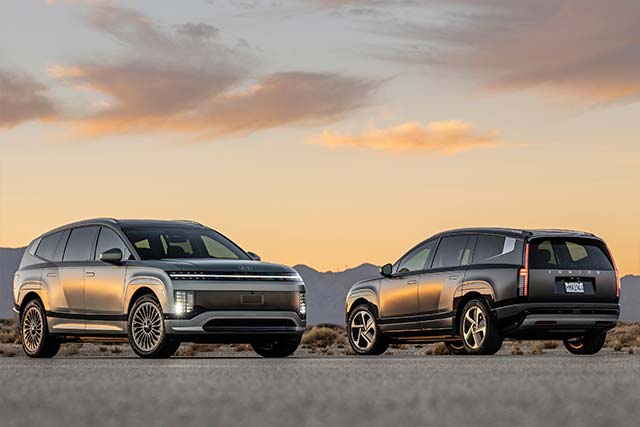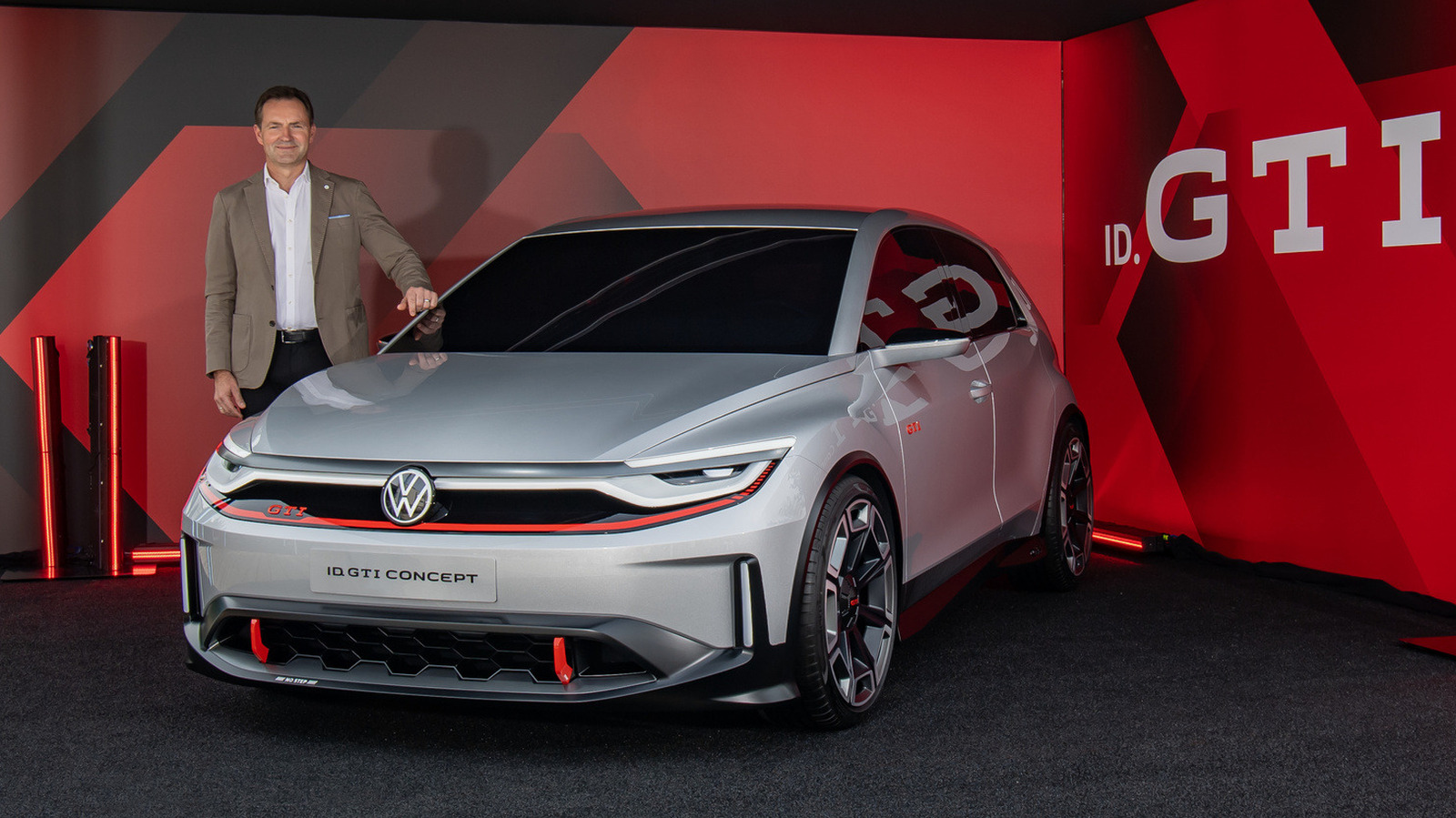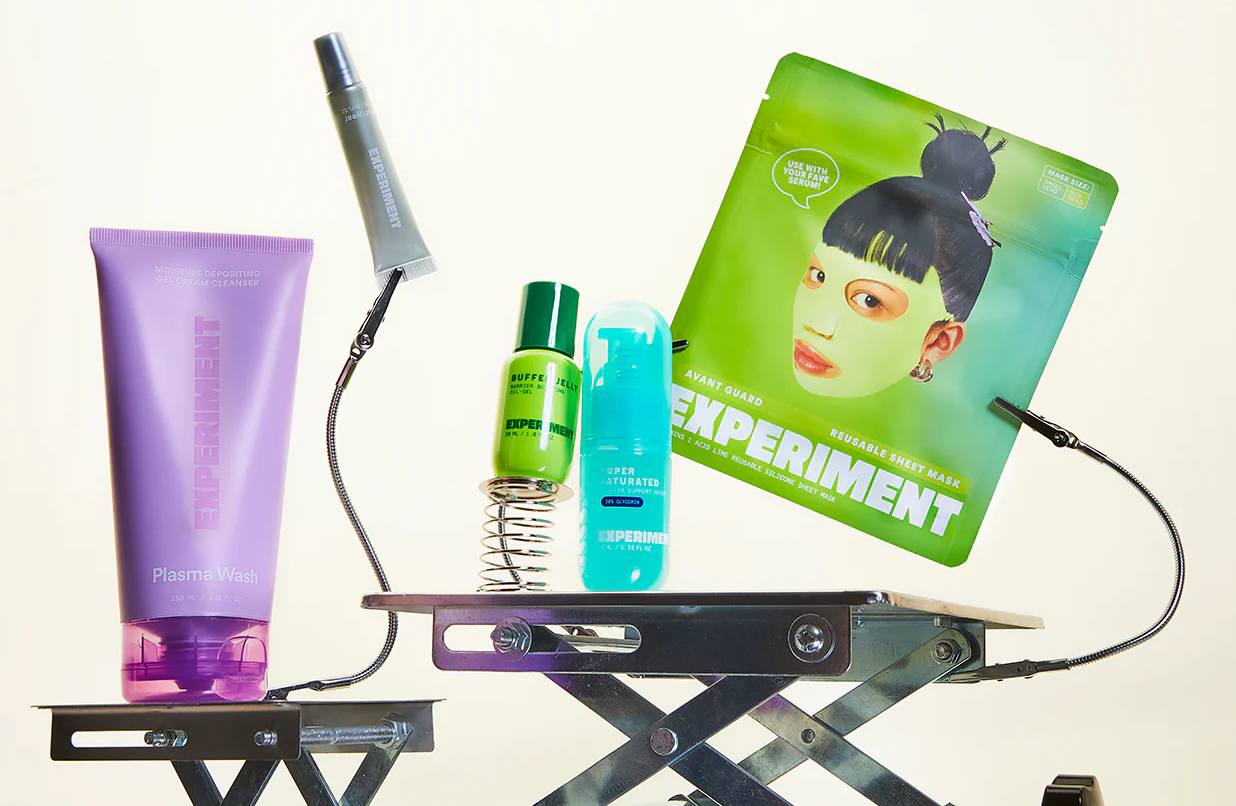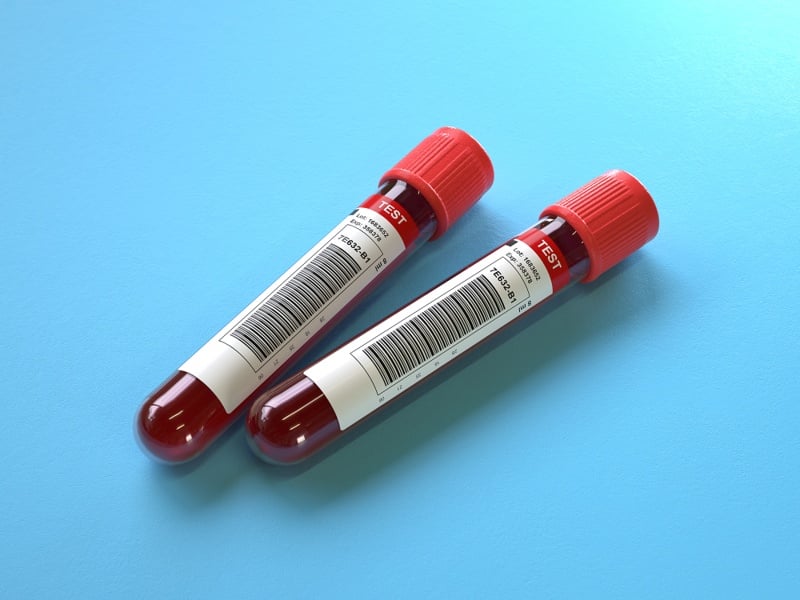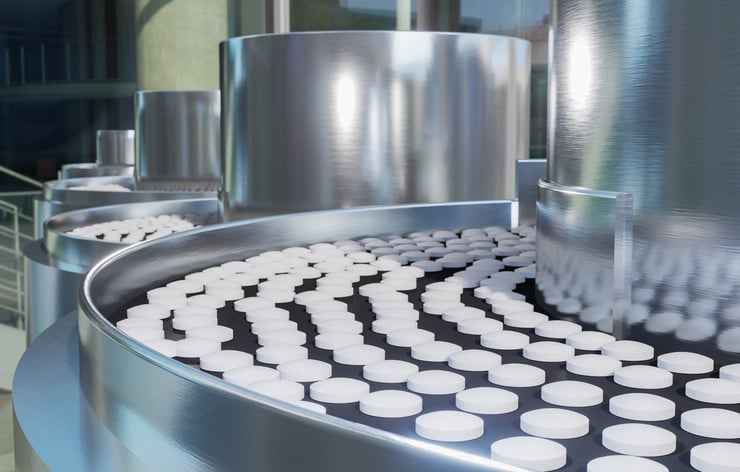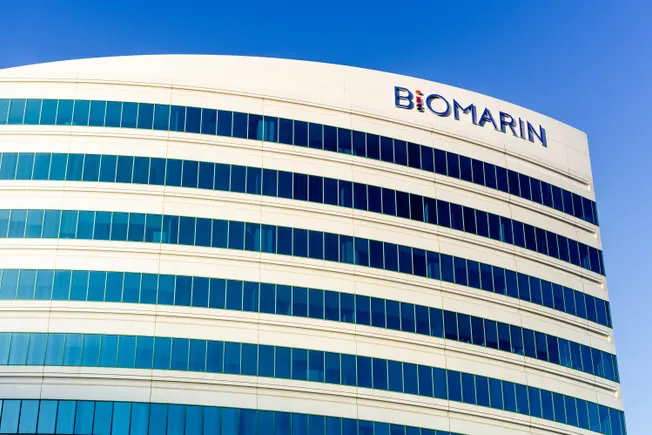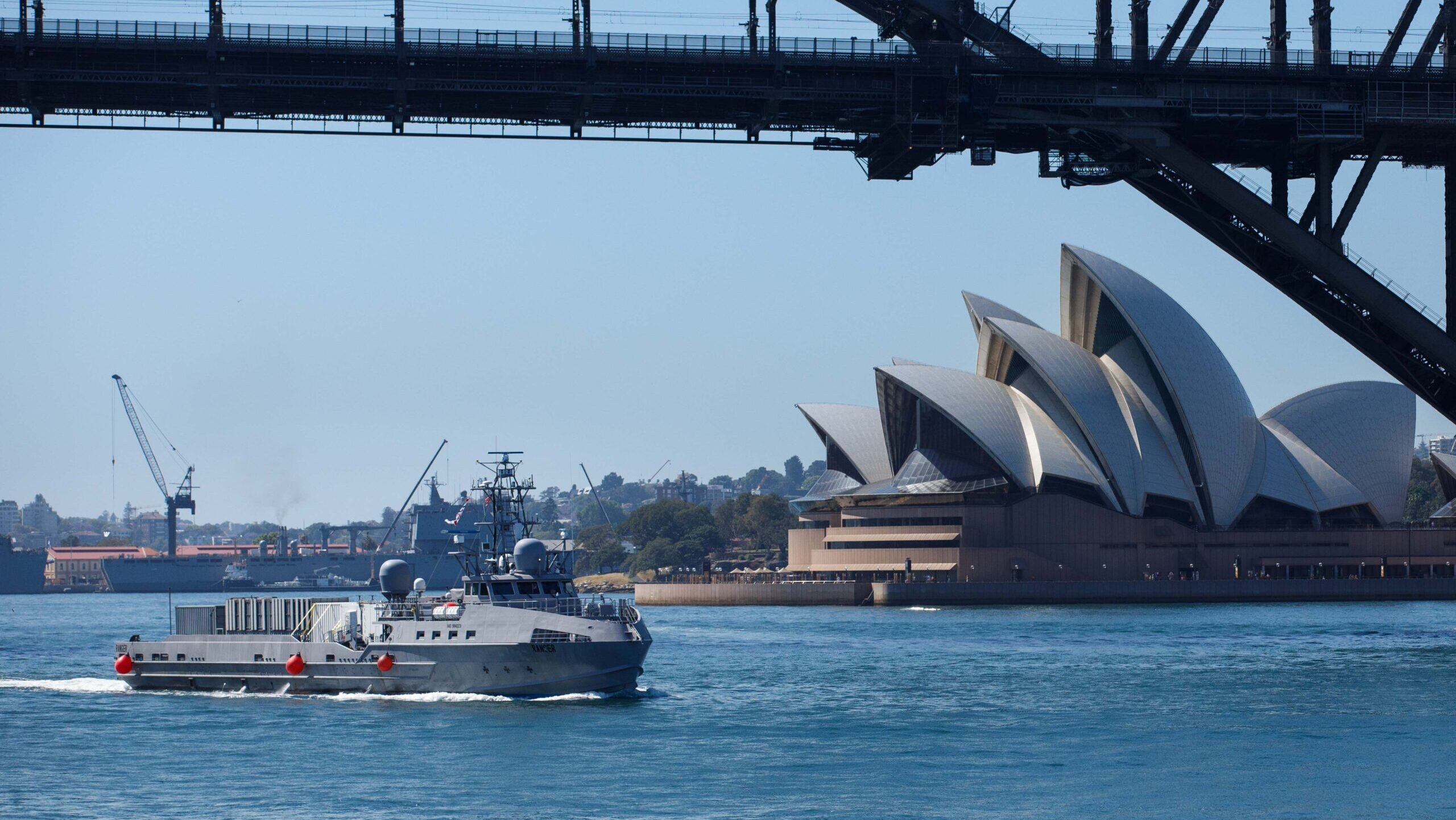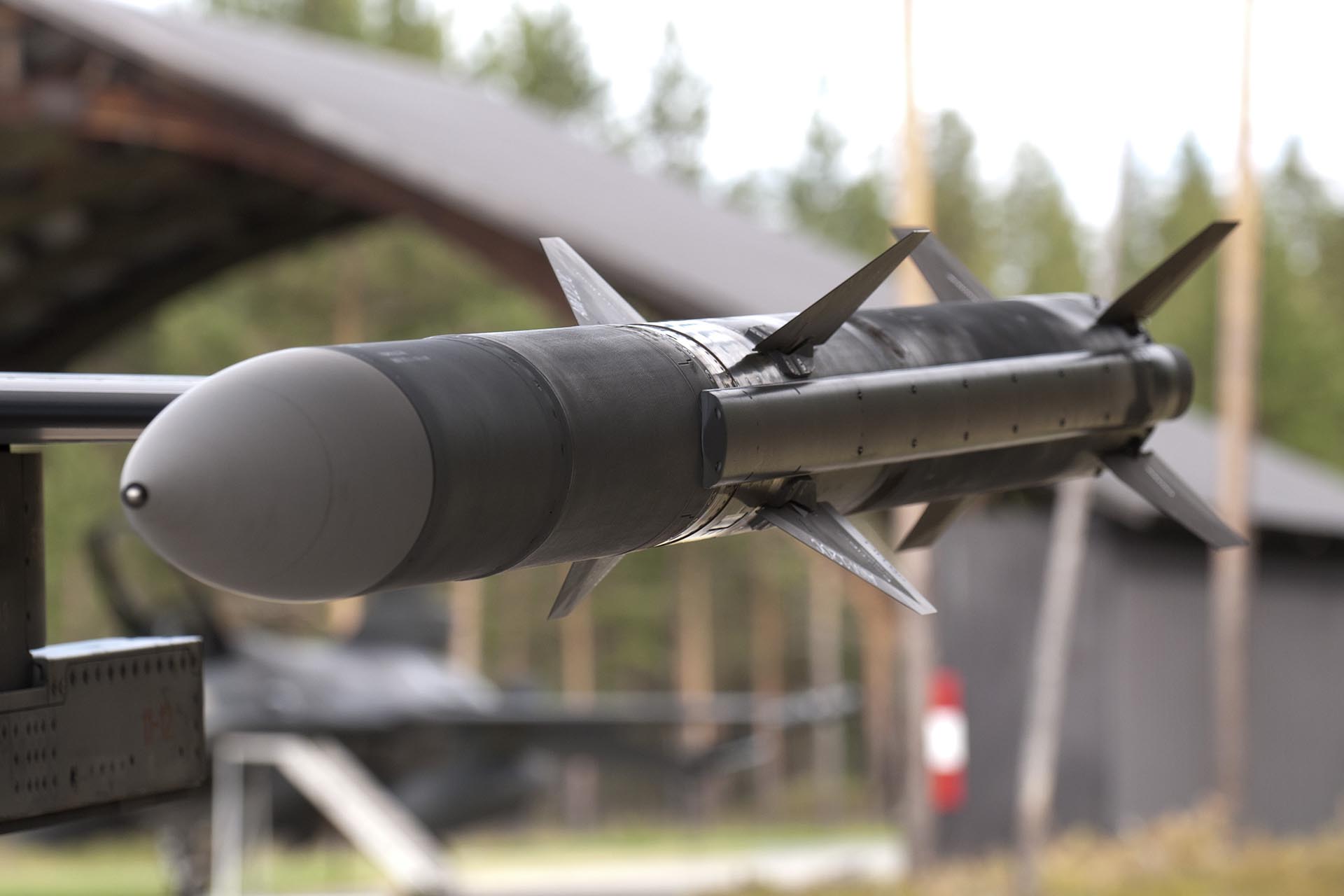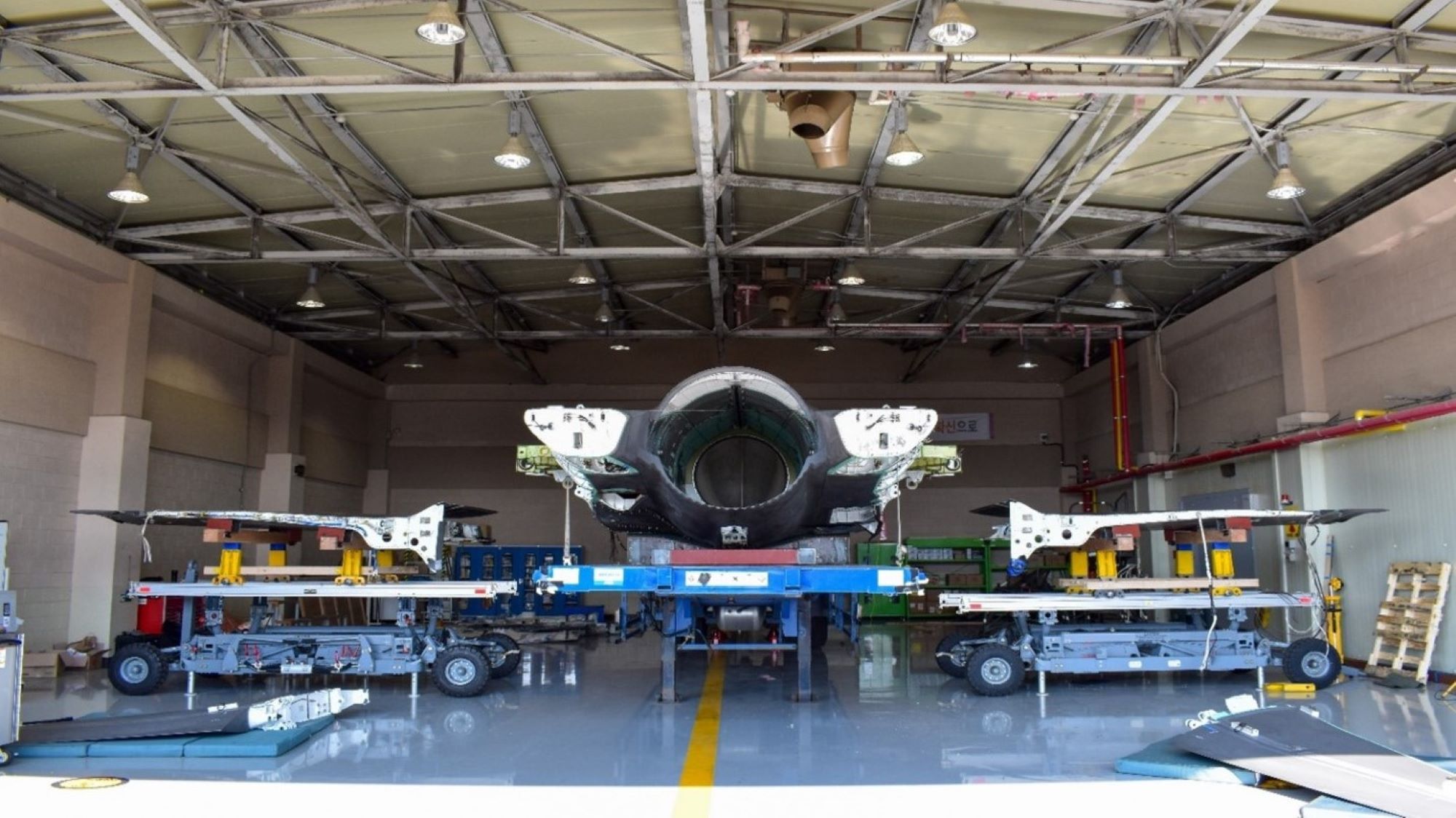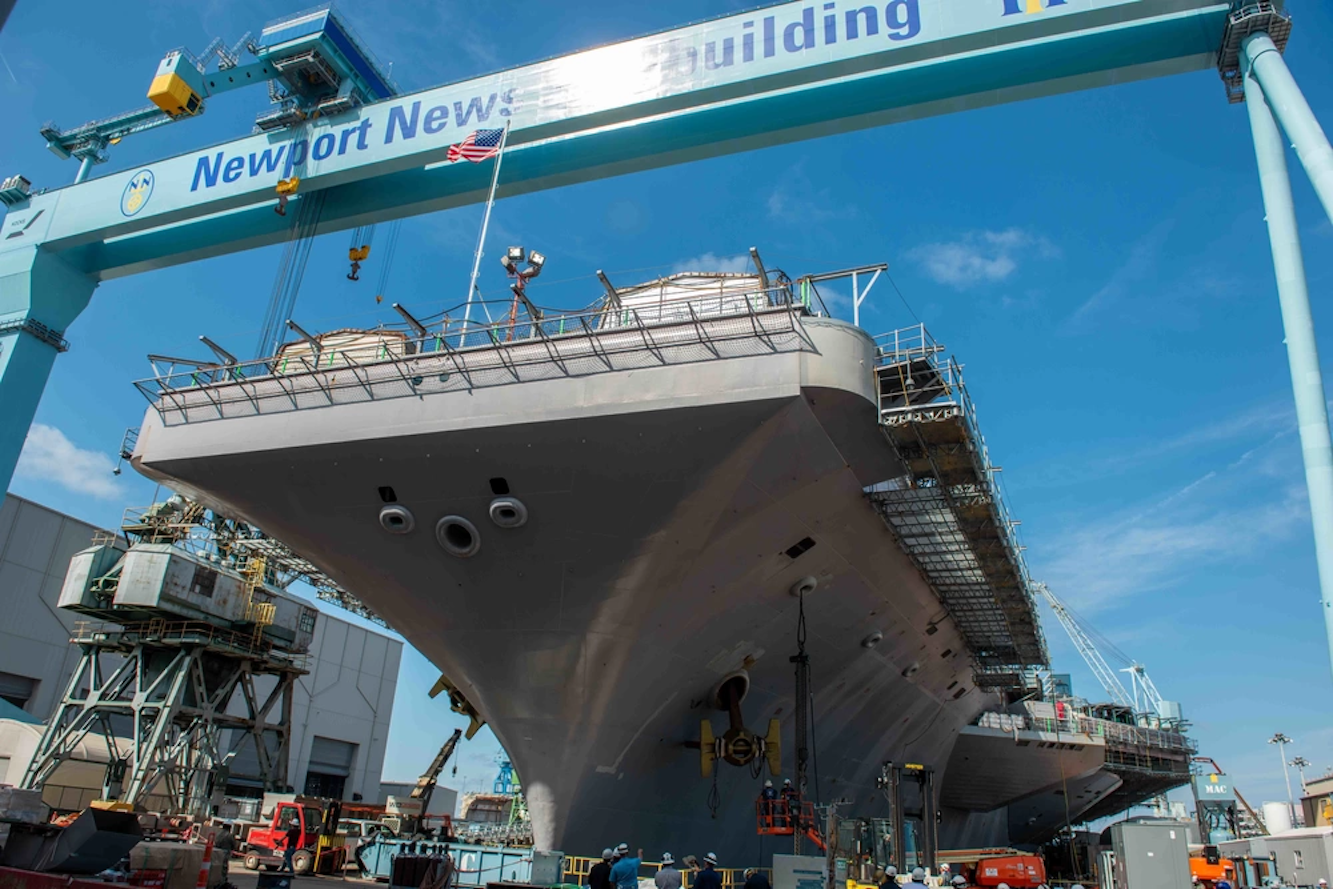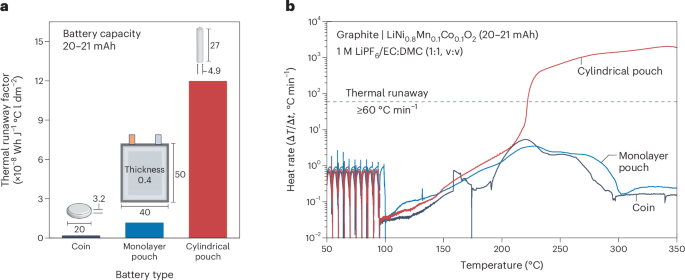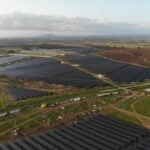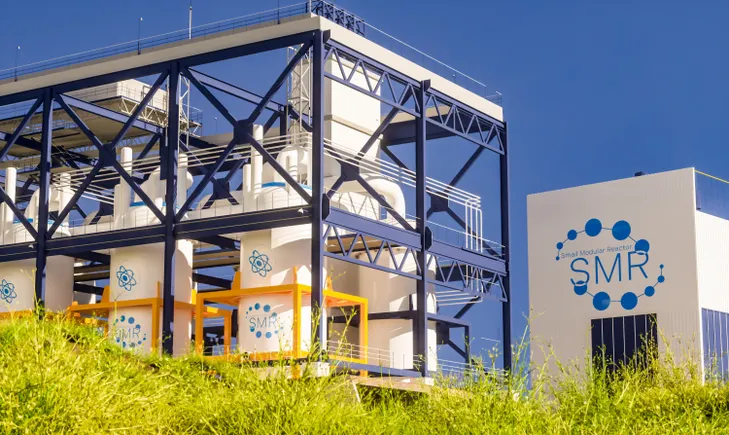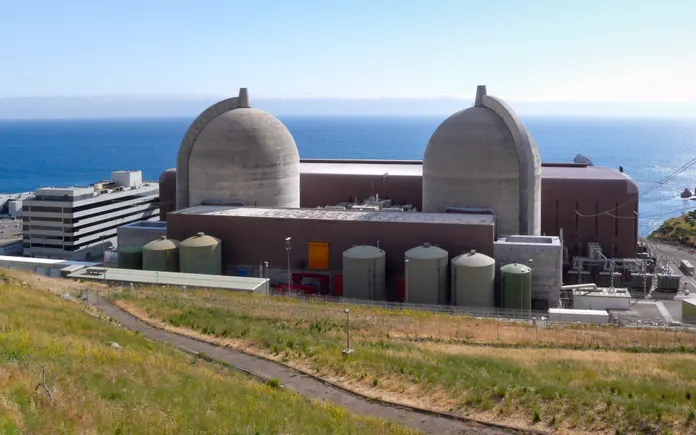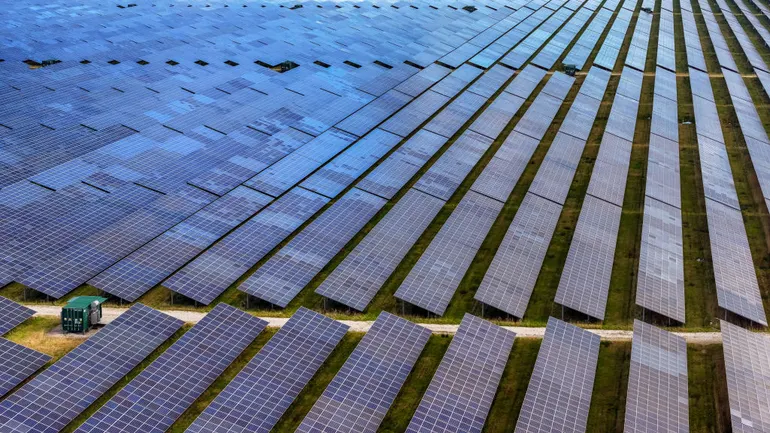Chinese EV truck maker Windrose launches long-haul tractor
The Windrose EV tractor touts a 420-mile range. Phoenix-based JoyRide Logistics will operate the trucks. The post Chinese EV truck maker Windrose launches long-haul tractor appeared first on FreightWaves.


Chinese EV truck maker Windrose launches long-haul tractor

Chinese OEM and EV truck maker Windrose Technology recently announced the launch of its first-ever EV long-haul sleeper truck in the U.S. The EV tractor touts a 420-mile range. Phoenix-based JoyRide Logistics will operate the trucks in a partnership with Windrose. Charging infrastructure will be powered by EO Charging, with the initial rollout beginning in Arizona, California and Nevada.
“This isn’t just a prototype or promise – this is a fully operational, long-range electric truck that’s ready to haul freight today,” said Wen Han, founder, chairman and CEO of Windrose. “We’ve validated our technology globally and are proud to bring it to the U.S. – one of the most important logistics markets in the world.”
Windrose noted its trucks have undergone testing in Asia, Europe, Oceania and North America, with a recent U.S. field test involving a 2,800-mile cross-country trip using only public charging stations. Windrose had previously completed an over 3,000-mile trip from Hong Kong to the China-Kazakhstan border. The EV tractor itself has an over 700kWH battery offering with both lithium iron phosphate and nickel manganese cobalt configurations weighing under 26,000 pounds.

Autonomous vehicle industry lobby outlines federal wish list

The Autonomous Vehicle Industry Association (AVIA) is lobbying the Trump administration to streamline federal regulations to remove hurdles to deploying driverless trucks on U.S. highways. AVIA members include autonomous truck tech companies like Aurora, Kodiak and Plus, as well as FedEx.
FreightWaves’ John Gallagher writes: “AVIA’s recommendations were included in response to DOT’s request for information on regulations that should be eliminated or modified. AVIA’s recommendations to the Federal Motor Carrier Safety Administration and the National Highway Traffic Safety Administration echo objectives outlined by Project 2025, the conservative policy playbook published by The Heritage Foundation in 2023.”
Gallagher adds that AVIA’s wish list includes codifying into law a 2018 FMCSA interpretation that states regulations do not require a human driver to operate or be present in an autonomous truck. Legislators in California and Texas have presented bills requiring drivers in driverless trucks, but an amendment to federal regs would supersede these efforts.
Another goal is adjusting the regulations regarding cab-mounted beacons instead of drivers placing warning devices when a truck is parked along a road. Other areas of focus include modifications to the Federal Highway Administration’s truck size restrictions as AV tractors require additional sensors like lidar, radar and cameras, which may bump up against existing regulations.
Hyundai unveils next-gen heavy-duty hydrogen fuel cell truck

South Korean OEM Hyundai Motor Co. recently announced its next-generation hydrogen fuel cell tractor, the Xcient Fuel Cell XS, at ACT Expo. The new model is specifically designed for the North American market and is the world’s first mass-produced hydrogen-powered heavy-duty truck. The first models were launched back in 2020 and have seen deployment in 13 countries, logging over 8 million miles of cumulative driving. The upgraded Xcient includes 68 kilograms of hydrogen storage boasting a maximum range of 450 miles.
Hydrogen fuel cell adoption has come at a slower pace than battery electric vehicles in the heavy-duty truck market, but Hyundai has been using its hydrogen fuel cell trucks to power its internal supply chain. One example was a recent partnership with Glovis America. It involves 21 Xcient fuel cell trucks hauling nearly half of Hyundai’s Metaplant America’s inbound and outbound delivery freight.
Despite the limited adoption, there are pockets of expansion – notably the recent announcement of plans to launch HTWO Energy Savannah, the first duel-energy hydrogen refueling and electric charging station for Class 8 trucks. The refueling station will be located 10 miles outside the Port of Savannah, Georgia, and will augment Hyundai’s Metaplant America hydrogen fleet operating in the greater Savannah area.
Briefly noted …
Charging infrastructure and zero-emissions truck fleet WattEV recently announced plans to increase its current fleet of 36 battery-electric trucks to more than 180 by the end of the year. In the release, the company notes that “the trucks on its platform will be deployed via WattEV’s Truck-as-a-Service (TaaS) operations and charged at WattEV’s growing, public, rapid-charge depot network – five open now in Bakersfield, CA featuring MCS chargers, solar power and battery storage.”
Siemens recently launched its Depot360 Home Charging Reimbursement, a solution within its larger managed services portfolio. The goal is to simplify driver reimbursement through vehicle telematics that monitors and measures charging sessions based on vehicle location rather than the individual charger. The operators can then reimburse drivers specifically for company vehicle charging even if the same home charger is used for multiple personal vehicles.
Aurora Innovation co-founder Sterling Anderson is going to General Motors to become its EVP of global product and chief product officer effective June 2, according to GM. Prior to leaving Aurora, Anderson was the company’s chief product officer. He is leaving Aurora at the end of May.
Most recent episode
Subscribe to the Truck Tech newsletter here.
The post Chinese EV truck maker Windrose launches long-haul tractor appeared first on FreightWaves.










